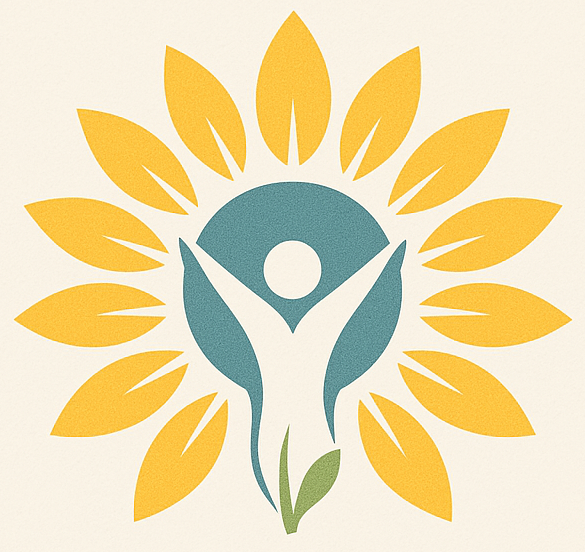Postural Orthostatic Tachycardia Syndrome
Postural Orthostatic Tachycardia Syndrome (POTS) is a condition that frequently overlaps with chronic fatigue syndrome (CFS/ME) and is characterized by a significant increase in heart rate-typically more than 30 beats per minute in adults or 40 beats per minute in adolescents-within 10 minutes of standing up, without a corresponding drop in blood pressure. This abnormal heart rate response is due to dysfunction of the autonomic nervous system, which controls involuntary body functions like heart rate and blood circulation.
Common symptoms of POTS include:
- Severe fatigue and exhaustion, often described as far worse than typical tiredness
- Dizziness or lightheadedness when standing, which can sometimes lead to fainting
- Heart palpitations (a sensation of the heart pounding or skipping beats)
- “Brain fog” or difficulty concentrating and thinking clearly
- Headaches, nausea, and shakiness
- Exercise intolerance and worsening of symptoms after physical activity
- Discoloration of hands and feet, especially when limbs are below heart level
POTS is relatively common in people with CFS/ME, with studies finding it in up to 27% of patients attending specialist clinics. The condition can cause substantial disability, and symptoms often fluctuate, sometimes improving or worsening over time. Proper evaluation for POTS-including heart rate response to standing-can help identify this treatable aspect of autonomic dysfunction in CFS/ME patients.
